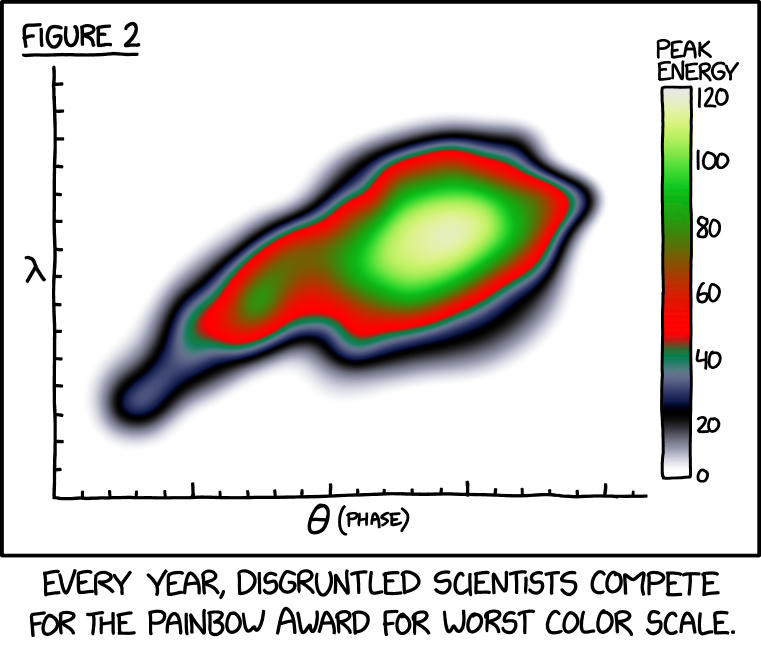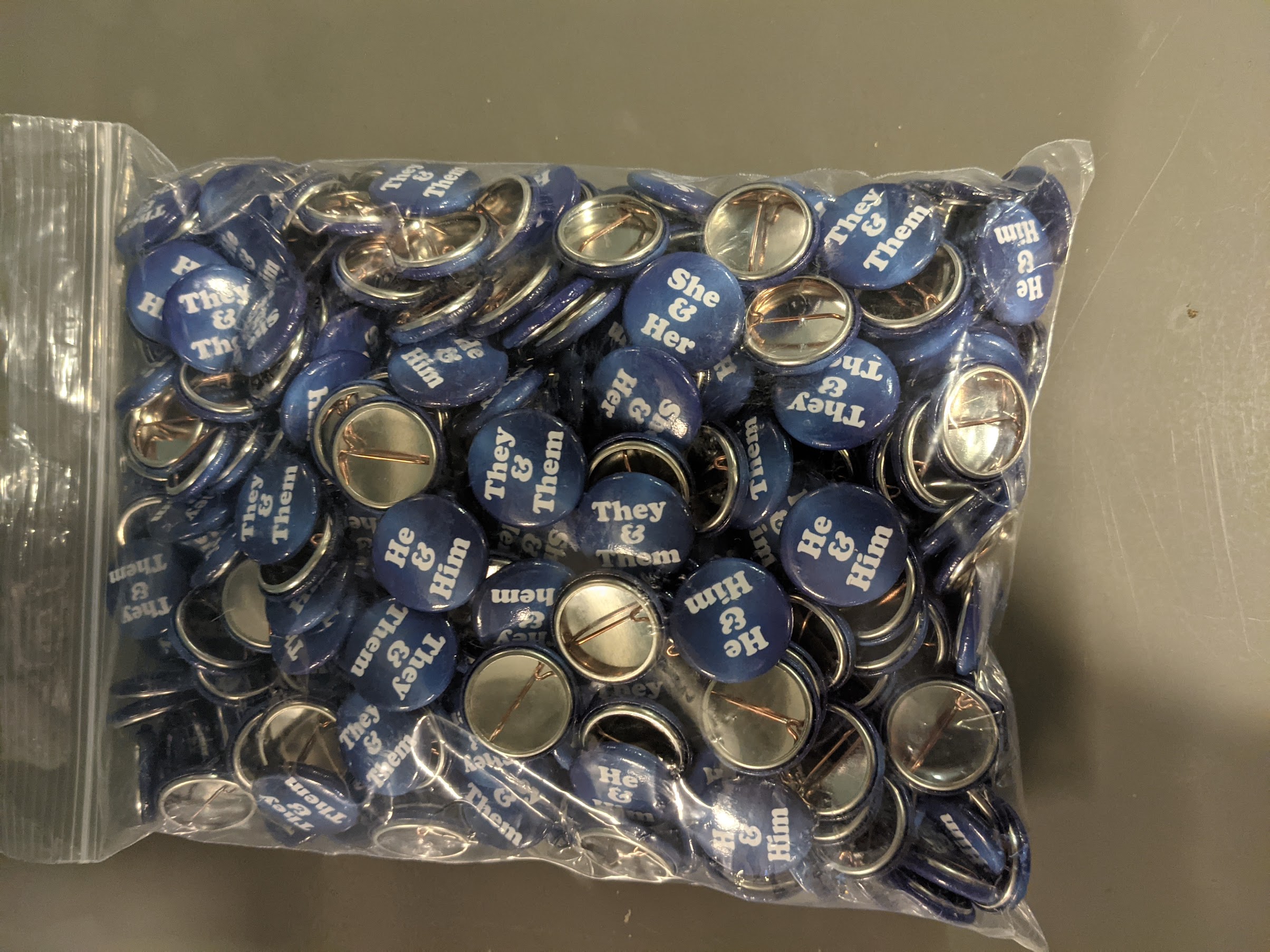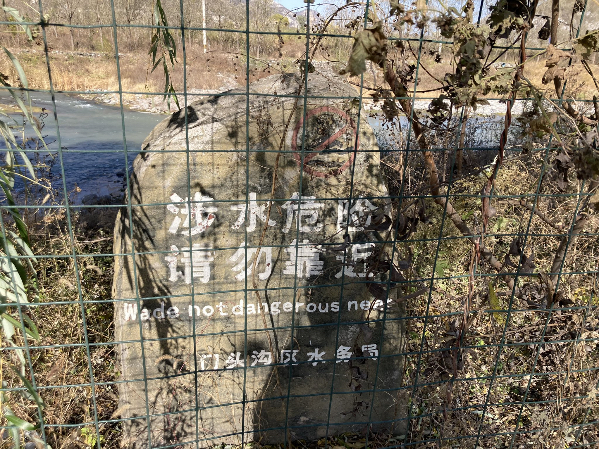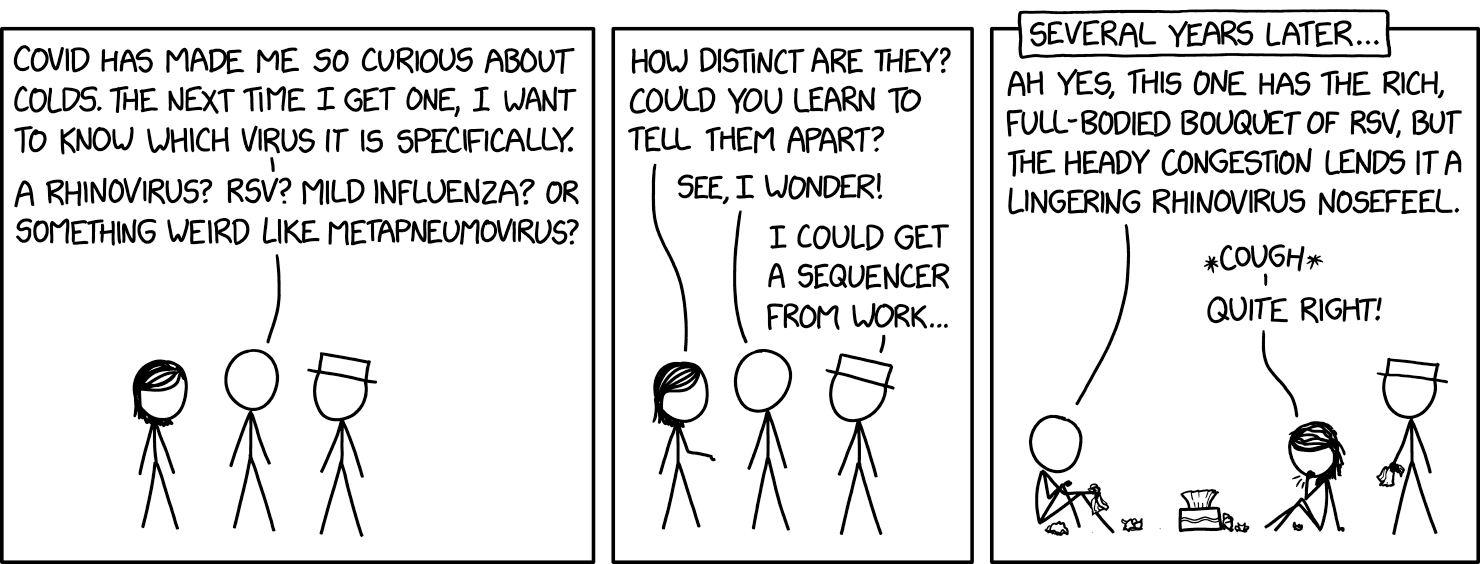Article by Rhoda Kwan, Hong Kong Free Press (31/10/21):
‘The loss of language is the loss of heritage:’ the push to revive Taiwanese in Taiwan
"You can't completely express Taiwanese culture with Mandarin – something is bound to be lost in translation," says one advocate for the local language.
When I go to Taipei, I seldom hear Taiwanese being spoken, especially by people under forty or fifty. That is always saddening to me, especially considering the fact that about 70% of the total population of Taiwan today are Hoklos.
…
The rare usage of Taiwanese, particularly on the streets of its capital Taipei, is a legacy of decades of colonial rule. During 50 years under Japanese rule, and the Kuomintang’s subsequent martial law from 1949 to 1987, generations of Taiwanese were banned from speaking their mother tongue in public.
“A whole generation’s learning in this language was washed away, and with this language a culture and identity was also washed away,” said Lí Sì–goe̍h, a Taiwanese language advocate.
Before the arrival of the Kuomintang, Taiwanese – a language from China’s Fujian province also referred to as Taigí, Taiwanese Hokkien, Hoklo or Southern Min – was spoken by most Han immigrants who arrived on the island from the 17th century onwards. Other languages, including other Chinese languages such as Hakka and dozens of different Austronesian indigenous languages, were also spoken on the island, a reflection of the diversity of ethnic groups that have lived on the island for centuries.
Read the rest of this entry »



